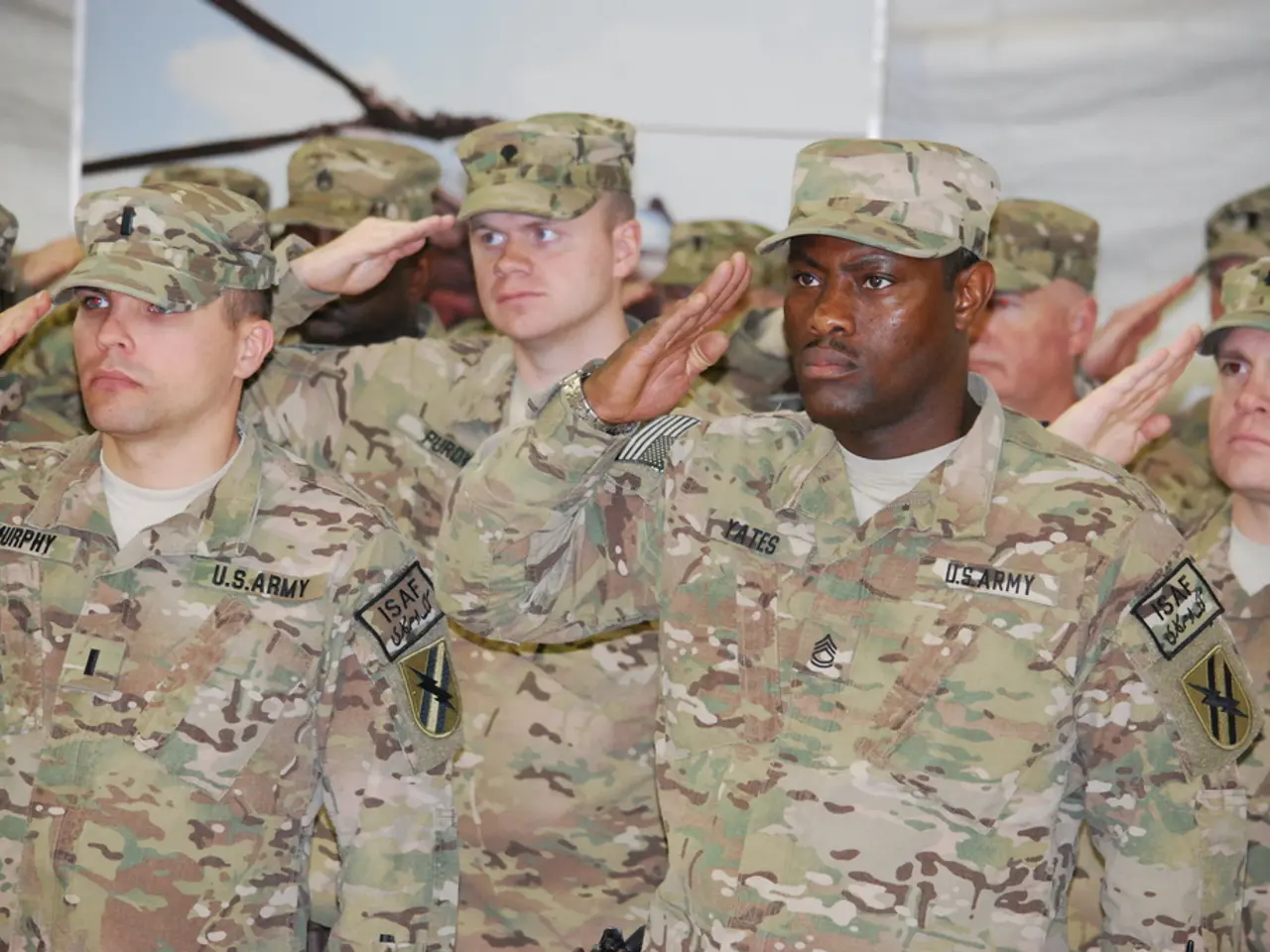Turkey prepares for significant military restructuring in high-level council discussions
News Article: Turkish Armed Forces Set for Significant Changes After Supreme Military Council Meeting
The Turkish Armed Forces (TSK) are set to undergo key changes following the annual meeting of the Supreme Military Council, scheduled for Aug. 5 in Ankara. This gathering, chaired by President Recep Tayyip Erdoğan, traditionally brings together senior political and military leaders to set the course for the military's leadership for the coming year.
This year's meeting is anticipated to address ongoing challenges within the TSK's officer corps, including a critical shortage of strategically trained staff officers and the reliance on aging generals. These issues have prompted proposals to relax promotion criteria and to extend the mandatory retirement age for top generals and admirals beyond NATO norms, aiming to stabilize the command structure amid shrinking leadership pools.
The decisions likely involve approving promotions of officers who meet the amended criteria, granting extensions of service to older generals, and further retirements to streamline the command. These moves are intended to maintain continuity and adapt the TSK's hierarchy to current personnel realities while aligning with state security priorities.
The Supreme Military Council has a history of making promotions, retirements, and extensions in military ranks. In the previous year's council decisions, 77 colonels were elevated to the rank of general or admiral, while 455 colonels received two-year extensions. The terms of office for 34 generals and admirals were extended by one year.
Once approved by President Erdoğan, the decisions made at the meeting are expected to be announced. Zeki Aktürk, Defense Ministry spokesperson, expressed hope that the decisions will benefit the state, nation, and armed forces.
The Supreme Military Council's decisions have the potential to shape the command structure of the TSK, continuing a historical Turkish tradition that dates back to the Ottoman era, where the Supreme Military Council was tasked with military regulation, personnel management, and strategic adaptation.
The meeting will take place in Ankara, marking another significant event in the ongoing evolution of Turkey's military leadership. The decisions made will have far-reaching implications for the TSK, potentially influencing its ability to respond to both domestic and international challenges.
- The upcoming decisions from the Supreme Military Council meeting in Ankara are expected to impact the TSK's command structure, addressing issues such as war-and-conflicts readiness by changing promotion criteria and extending the retirement age for senior military personnel, and could also involve politics given the traditional participation of senior political leaders.
- As the Turkish Armed Forces (TSK) face challenges in the number of strategically trained staff officers and aging generals, the proposed changes following the Supreme Military Council meeting may involve general-news topics like adjustments to the TSK hierarchy, personnel management, and strategic adaptation, with potential implications for the TSK's response to both domestic and international conflicts.






